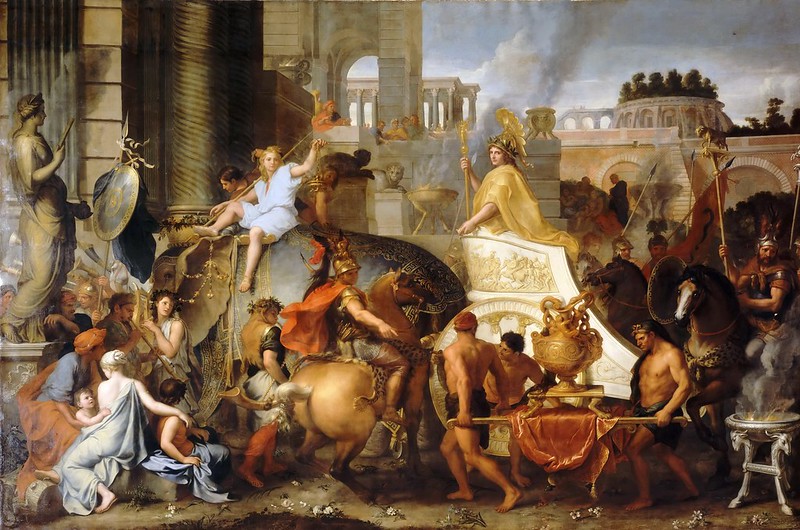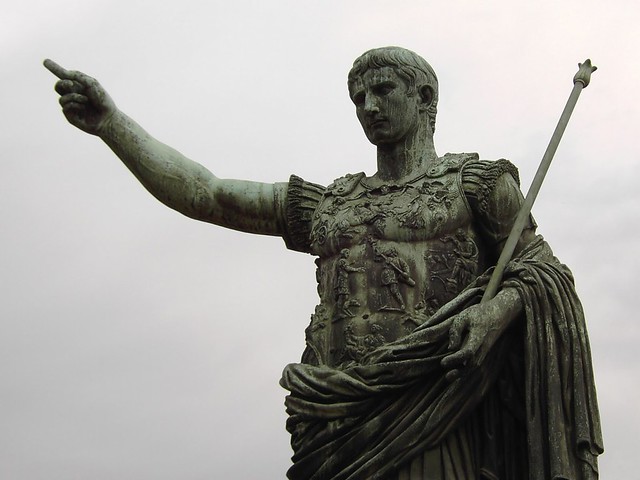Memories of Memorial Day
Memorial Day
by Brian Zahnd
I have vivid memories of Memorial Day growing up in Savannah, Missouri. The fourth Monday in May marked the end of the school year and the beginning of summer vacation. As such it is a fond memory. And on Memorial Day I always went with my dad to a ceremony held in the northeast corner of the town cemetery. This is where the war dead are buried. Each uniform grave was decorated with a small American flag. As a child in the 1960s, the freshest graves contained the bodies of young men who had returned from Vietnam in flag-draped coffins. Old men were there wearing faded and ill-fitting uniforms from the wars of yesteryear. There would be a speaker (some years it was my dad), a prayer offered by one of the town’s clergy, the National Anthem played by the high school band, a twenty-one gun salute from the old men in their faded uniforms, and taps played by a trumpeter in the distance. The occasion was somber and patriotic. And the theme of the prayers and speeches was always the same — it was the language of sacrifice.
Read more



